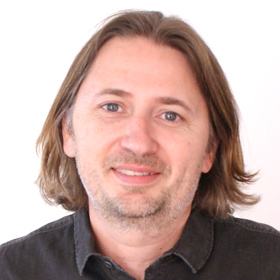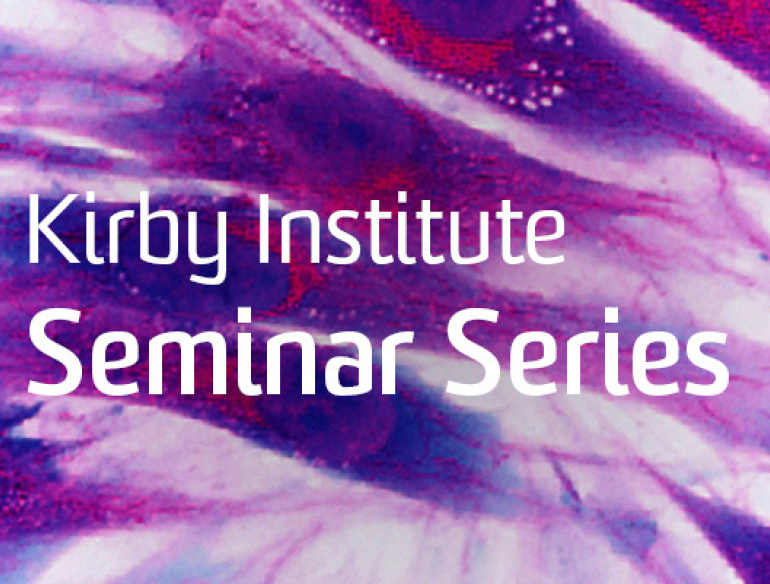Location:
Berg Family Foundation Seminar Room, Level 6, Wallace Wurth Building, Kensington Campus, UNSW Sydney
Contact for enquiries
Rata Joseph, +61 (2) 9385 0900 or recpt@kirby.unsw.edu.au
Kirby Institute Seminar Series presents
 |
Associate Professor David Whiley Principal Research Fellow, Faculty of Medicine, UQ Centre for Clinical Research, The University of Queensland and Pathology Queensland Central Laboratory, Brisbane |
About your speaker
Associate Professor David Whiley is a principal research fellow at the Faculty of Medicine, UQ Centre for Clinical Research, The University of Queensland and research scientist at Pathology Queensland. Much of his work is aimed at enhancing the capacity of clinical laboratories to diagnose, identify and characterise pathogens, with a particular research emphasis on sexually transmitted infections and antimicrobial resistance. He has authored 148 articles to date and currently holds an NHMRC Career Development Fellowship Level 2. In recent years, A/Prof Whiley has been leading the NHMRC-funded Gonorrhoea Resistance Assessment via Nucleic Acid Detection (GRAND) studies that aim to enhance gonorrhoea antimicrobial resistance surveillance and treatment strategies, particularly in remote settings.
Abstract
The gonococcus has presented some considerable challenges in recent times. Notably, rates of Neisseria gonorrhoeae (NG) infection have continued to increase and antimicrobial resistant-NG strains continue to emerge and threaten current treatments. Overall, the current evidence suggests we are fast losing control of this emerging superbug, and highlights the need for renewed efforts to ensure individuals at risk of NG infection are tested, accurately diagnosed and appropriately treated. This talk will focus on how new tools are being used to enhance NG detection and characterisation, including using new molecular tools to improve NG antimicrobial resistance surveillance in remote settings, assess changes in epidemiology and to provide alternative treatment strategies.
